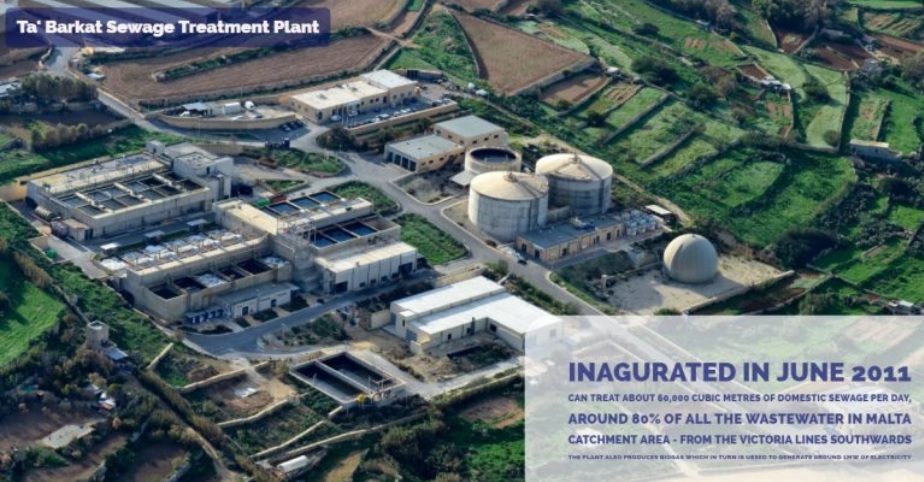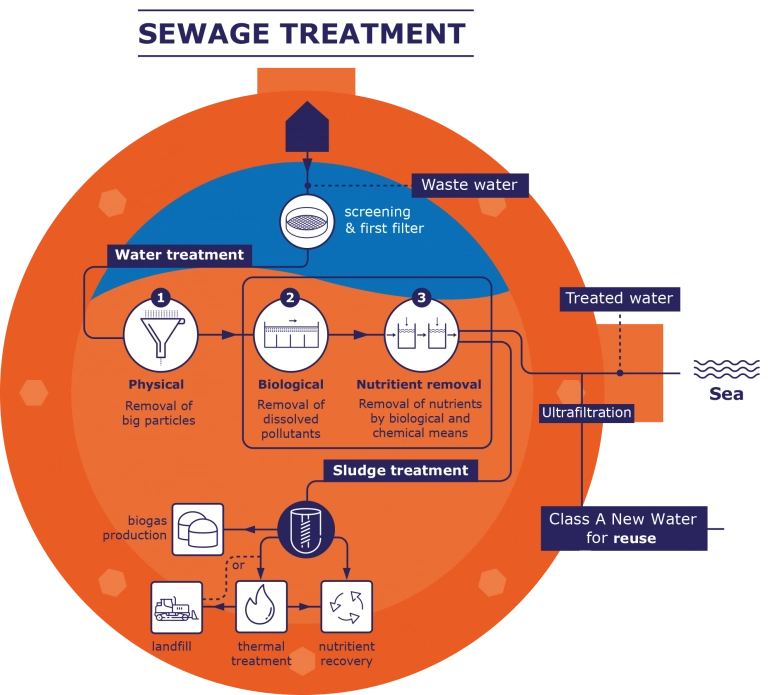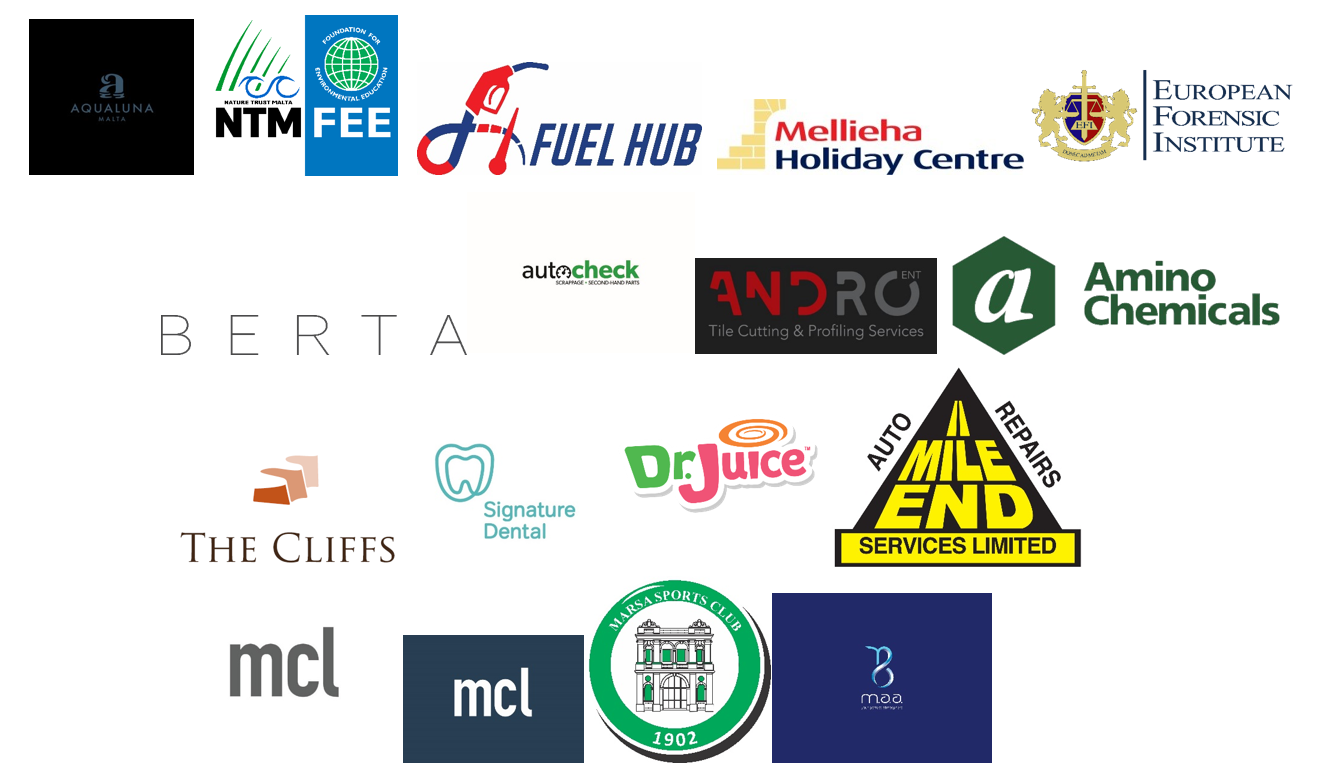Waste Water Compliance Scheme
22 Sep, 2022 | by RBMP Life | Waste Water Compliance Scheme, waste water, Waste water treatment,
Waste Water has always formed part of human civilized life and societies has always regarded this as a nuisance that needs to be removed. In today’s advanced technological society, where water has become a very scarce commodity, we are now looking at waste water as a resource that can be reused over and over again, thus aiding in the preservation of our fragile water reserves.
Treatment of Waste Water
Biological waste water treatment plants, such as the ones present in Malta & Gozo are essentially large farms of naturally-occurring beneficial bacteria that eat away at pollutants present in waste water whilst in the process purifying it. These biological processes are very delicate and sensitive to fluctuations in temperature, salinity and of course the presence of substances that are harmful to these microorganisms.
Have you ever wondered what happens to water after it’s flushed down the drain?
Ensuring the Quality of Waste Water
The Discharge Permitting Unit, DPU, is an entity within the Water Services Corporation that enforces the national Sewer Discharge Control Regulations, S.L. 545.08. The main focus of the DPU is to protect the STP operations and also the waste water network from abuse. The DPU achieves this through permitting, inspections, monitoring, and enforcement.
Each business discharging any trade effluent to the public sewer network is obliged to apply for a Public Sewer Discharge Permit. The process to apply for a permit is very simple and can also be done online through the WSC portal (https://live.wsc.com.mt/publicweb) after logging in with your e-ID.
Conformance to the Law
The DPU assesses many factors when deciding whether a given entity needs to obtain a Public Sewer Discharge Permit. Such factors include: type of premises/activity, whether chemicals are stored /used on site, whether trade effluent is generated and whether hazardous wastes are stored or are generated.
Typically, Public Sewer Discharge Permits are required by the following industry types (but not limited to):
Keeping Harmful Substances Out
The goal of applying for and obtaining a Public Sewer Discharge Permit is to keep harmful substances out that could:
· Damage sewer systems (through blockages), pumps and treatment plant structures;
· Interfere with biological treatment process operations;
· Jeopardize worker safety by exposure to chemical hazards;
· Reduce reusability potential of New Water due to contaminated effluent and issues with acceptability of biosolids when landfilling;
· Result in violations of the treatment facilities’ own Waste Discharge Requirements imposed by the Environmental Permits issued by ERA;
· Add maintenance, repair, operational and disposal costs to the treatment of wastewater;
Why should an entity apply?
The first reason a trading premises operating in the Maltese Islands should apply is that the legal requirement of having a permit. | |
The second reason is that each premises will be doing its part in safeguarding the reuse value of waste water. | |
The third reason is that by reducing the pollutants present in waste water, this will also reduce the treatment costs and also waste water network maintenance. | |
The fourth reason is that the quality of reclaimed water (New Water) will also improve in both quality and quantity, which in turn further reduces the demand from ground water sources. |
These are all the companies and establishments which presently hold a valid Public Sewer Discharge Permit (PSDP):
Useful Links
https://www.wsc.com.mt/facilities/dpu/discharge-permit-unit-industrial/
Related News




